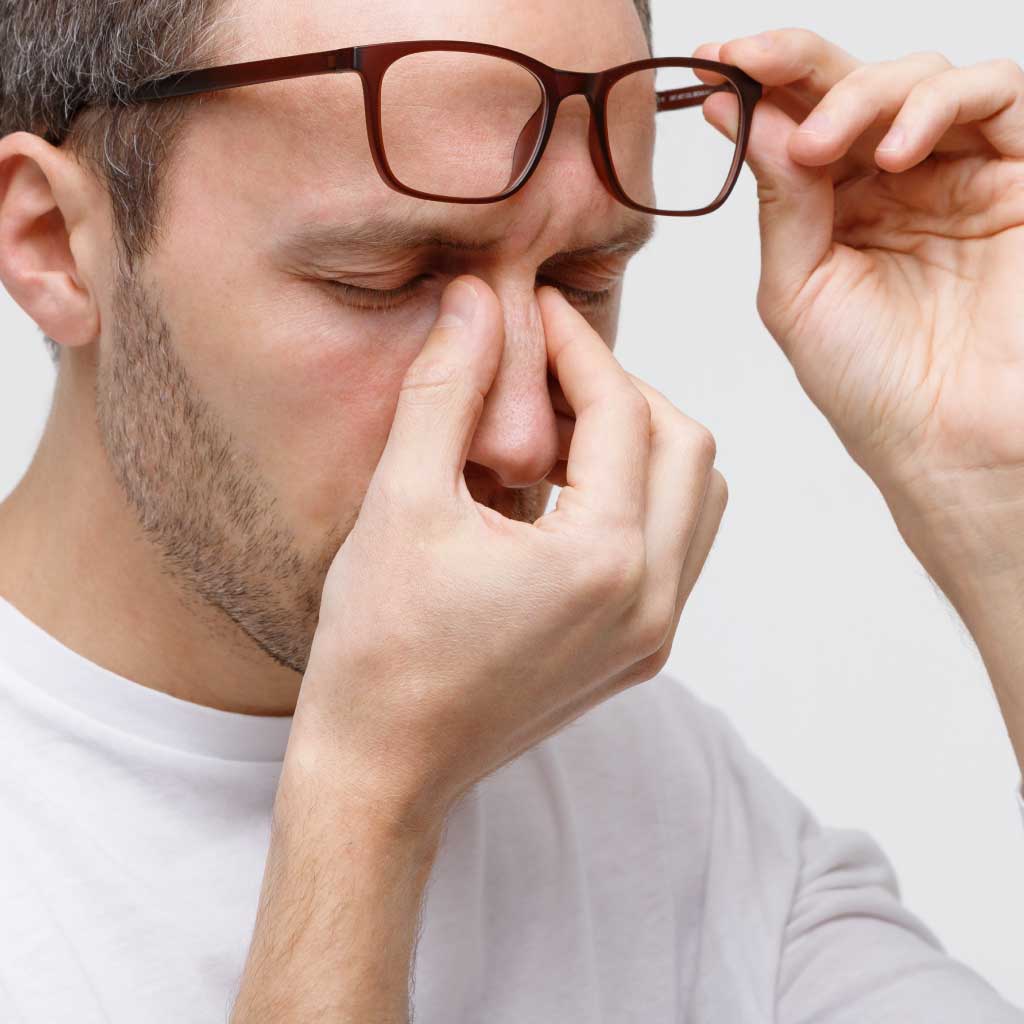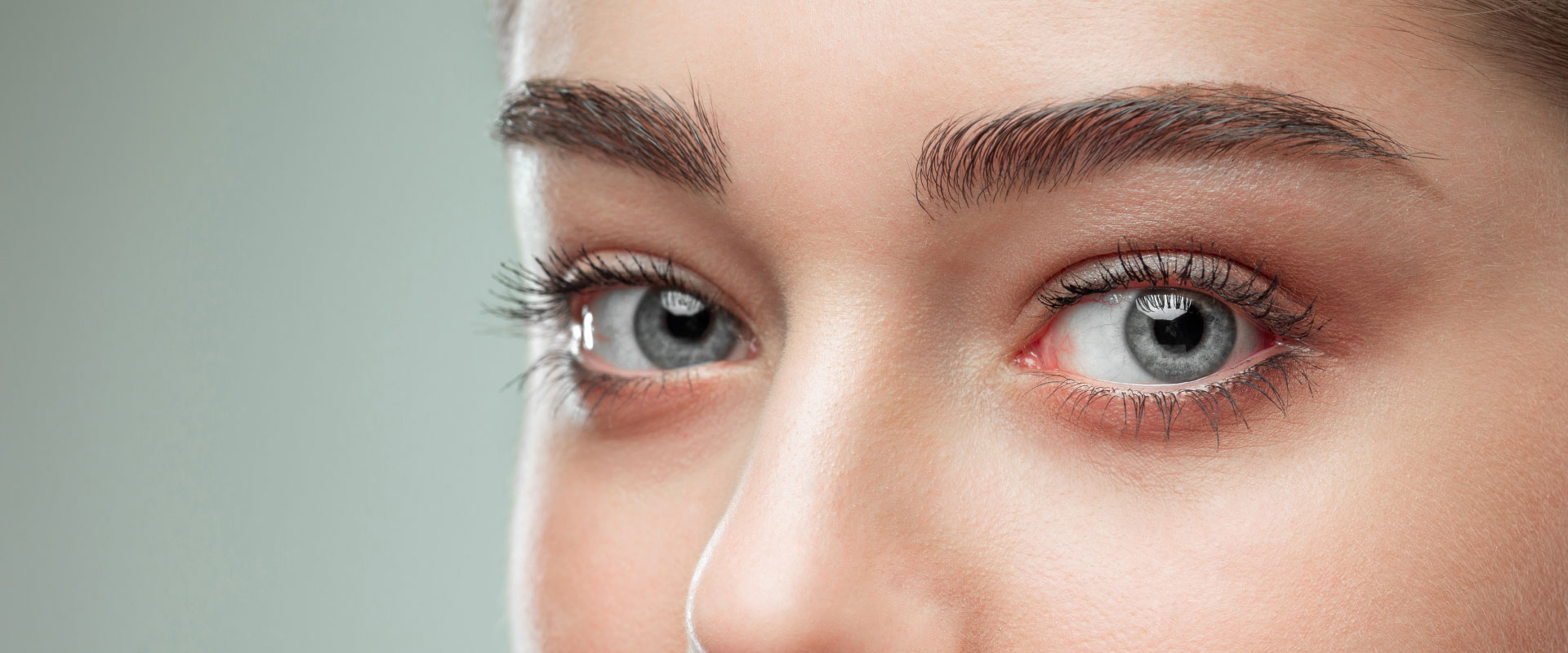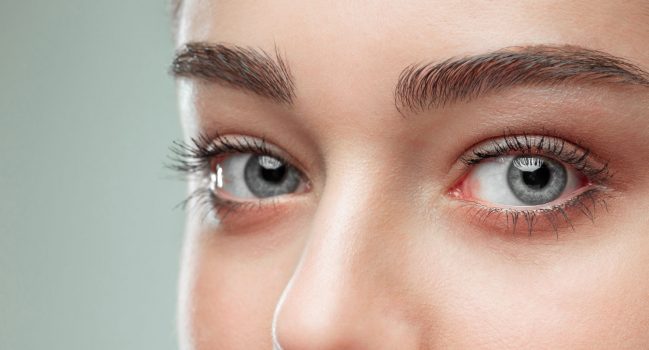DRY EYE DISEASE
Happy and healthy eyes require good quality tears to lubricate and protect their surface. Dry Eye Disease is a common condition affecting about 20% of the population which occurs when our tear film is either insufficient or non-existent.
Symptoms of dry eye vary but can typically involve-
- Irritation of the eye surface
- A scratchy or gritty sensation
- Tired eyes
- Vision that fluctuates and blurs
- Excessive eye watering
Symptoms can range anywhere from a mild irritation to severe discomfort.
Dry Eye Disease can arise from decreased tear production (Aqueous Deficient Dry Eye), excessive tear evaporation (Evaporative Dry Eye), or a combination of both.
Evaporative Dry Eye is the most common type dry eye disease, and it occurs when the meibomian glands located inside the eyelids are secreting either poor quality or not enough oil into the tear film. This oil is called meibum and it is vital to prevent rapid evaporation of the tear film off the eyes surface.

There are many factors that cause and contribute to dry eye and its uncomfortable symptoms. These include:
- The Environment: Exposure to air-conditioning, wind, dust, smoke, pollen or pollution can all increase the evaporation rate of your tears and change tear composition, resulting in otherwise happy eyes developing dry eye symptoms.
- Computers and devices: Whilst computers and devices are a necessary part of the modern world, it is well documented that screen time reduces our blink frequency. Each time we blink, we refresh our tears so if you’re not blinking often enough, your eyes won’t be happy.
- Aging: As we age, we become less efficient at producing adequate moisture in our body, including in our eyes.
- Gender: Due to the hormonal changes that occur during pregnancy, menopause and when taking the contraceptive pill, females tend to experience more dry eye symptoms.
- Medical Conditions: Rheumatoid Arthritis, Thyroid conditions, Rosacea and Sjogren’s Disease have all been strongly linked to Dry Eye Disease.
- Medications: Antihistamines, decongestants, anti-depressants, beta blockers, hormone replacement therapy and the contraceptive pill can all have a major impact on your dry eye symptoms.
Treatment of Dry Eye Disease depends on the type and severity. Your optometrist can detect dry eye and offer a range of effective treatments, both at home and in office to relieve your symptoms and treat the underlying cause. To arrange an appointment, simply book online or call us on (07) 3463-0349.
Interested to know more?
To make an appointment with one of the optometrists at Eyecare Plus Ashgrove simply book online or call 07 3463 0439 during business hours.


